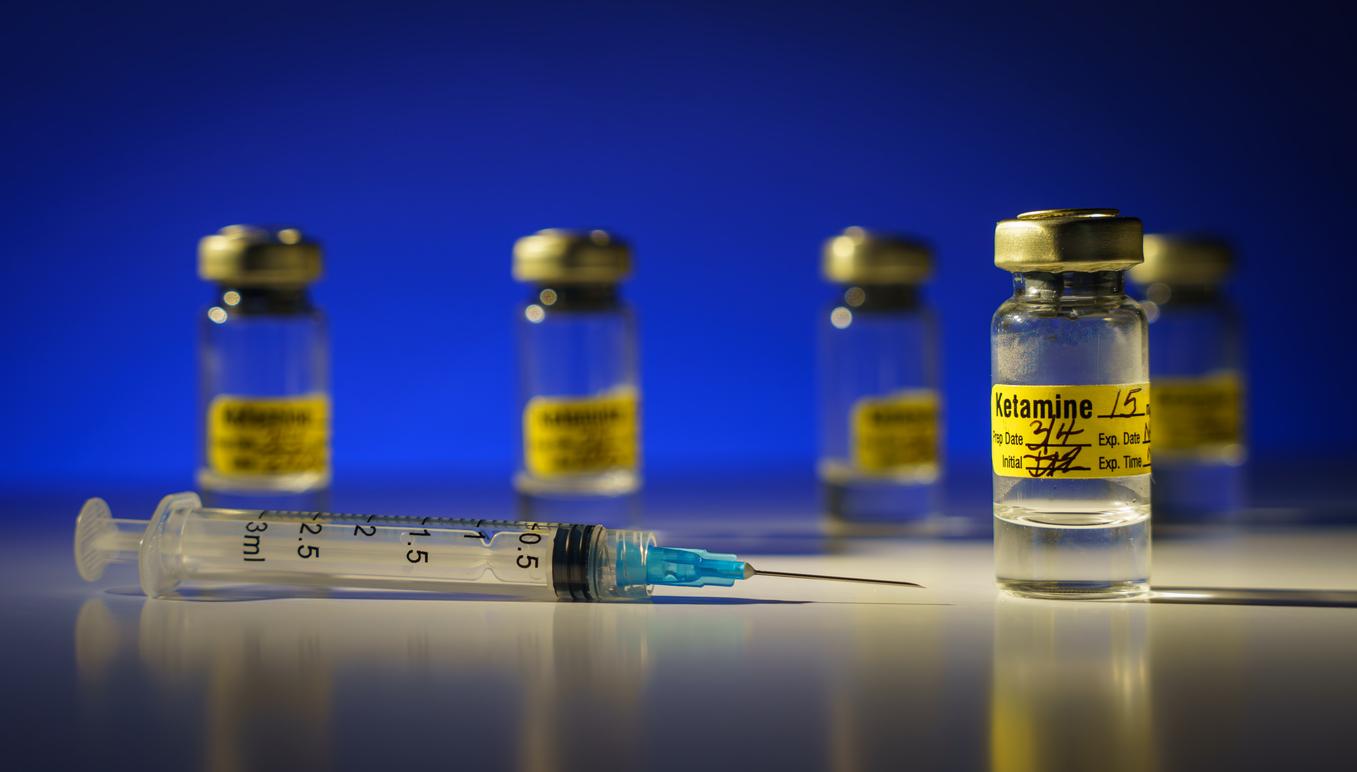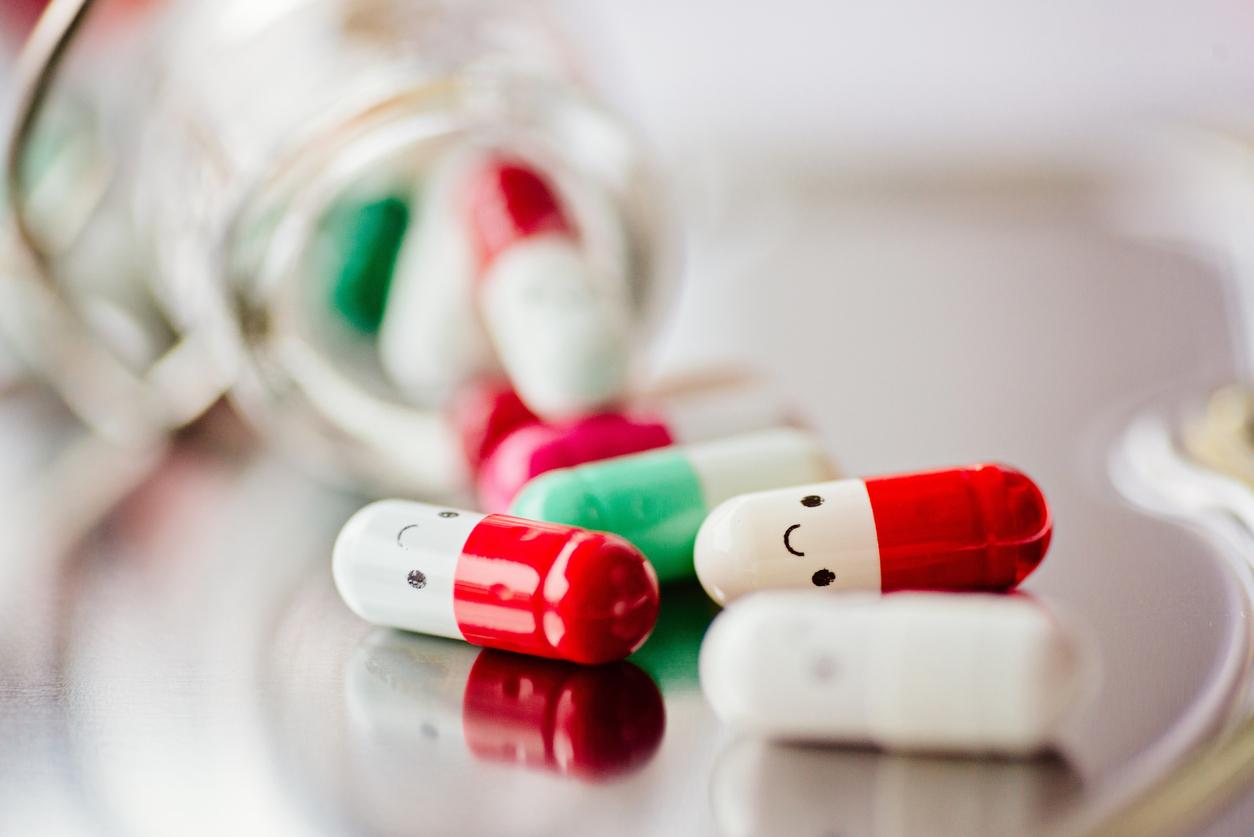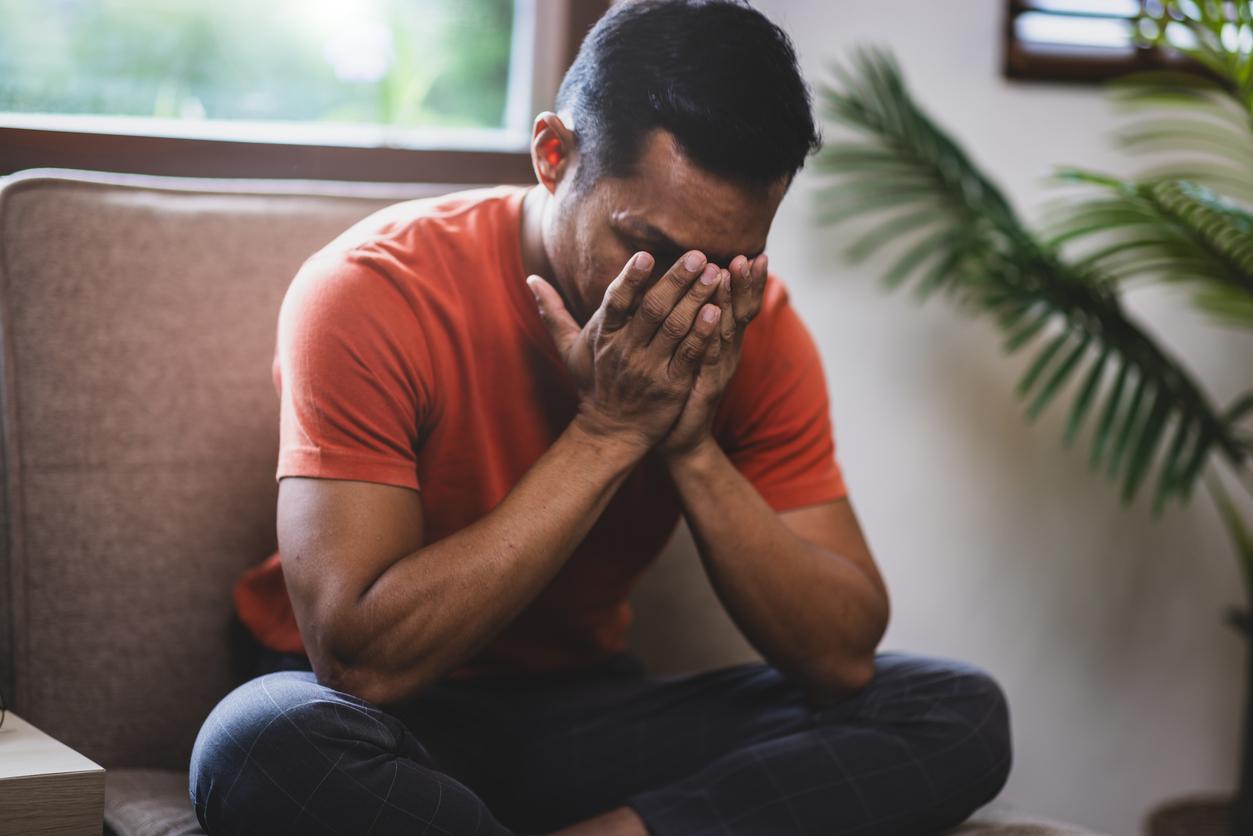A new study from the Institute of Psychology of King’s college in London (Great Britain) shows that psilocybin, a molecule present in hallucinogenic mushrooms, would have important therapeutic potential, in particular in the treatment of severe depression. And that it can be administered to patients in parallel with cognitive therapy, without affecting the smooth running of this therapy.
The researchers, who conducted their study in a small group of 60 patients with treatment-resistant depression who were on talking therapy, have established that psilocybin can be safely administered in doses of 10 mg or 25 mg to accompany therapy.
No degradation of cognitive functions
For this trial, 89 healthy participants without recent (less than a year) use of hallucinogenic mushrooms were recruited. 60 were randomly selected to receive a 10 mg or 25 mg dose of psilocybin in a controlled environment. In addition, all participants received individual support from qualified psychotherapists. The remaining 29 participants served as a control group and received a placebo.
All were closely monitored for 8 hours after the administration of psilocybin, then followed for 12 weeks, and none showed any adverse effects. The results show than an anti-depressant treatment based on psilocybin no adverse effects in the short or long term on cognitive functioning.
A molecule that reduces anxiety. Previous studies had already shown the interest of this molecule in reducing anxiety in people suffering from social exclusion and that it was also effective in treating post-traumatic stress.
According to the researchers, psilocybin targets certain receptors in the brain (serotoninergic receptors) which have, among other things, a role in regulating mood and anxiety.
Source:The effects of psilocybin on cognitive and emotional functions in healthy participants: results from a phase 1, randomized, placebo-controlled trial involving simultaneous psilocybin administration and preparation,Journal of Psychopharmacology, January 2022
Read also :
- Depression: 9 symptoms you shouldn’t ignore
- Covid epidemic has increased cases of depression and anxiety
- Depression: we disentangle the true from the false

















